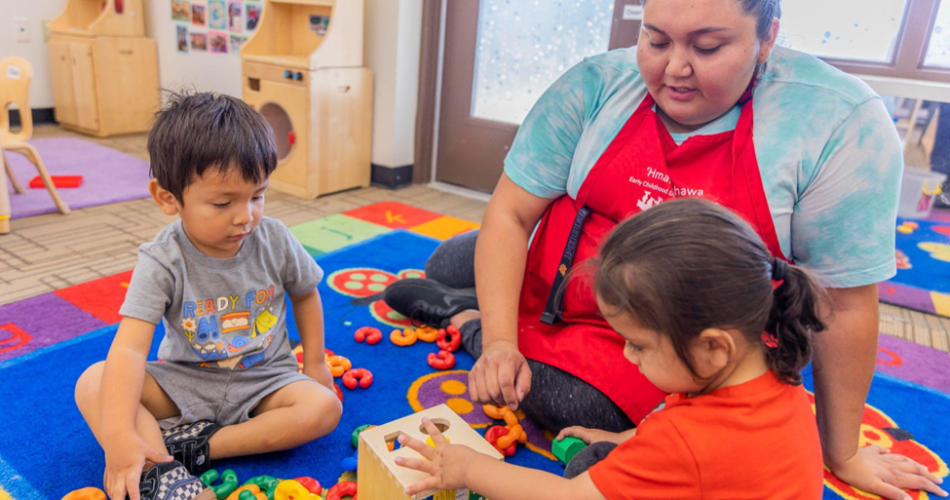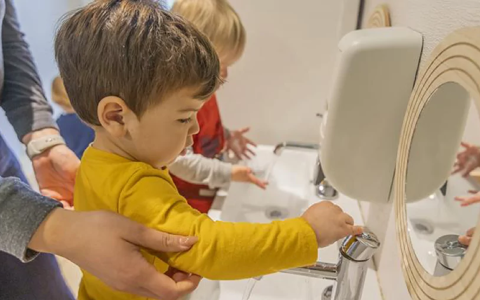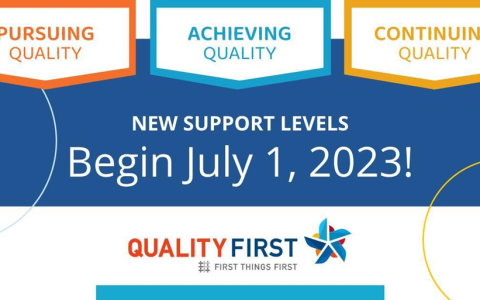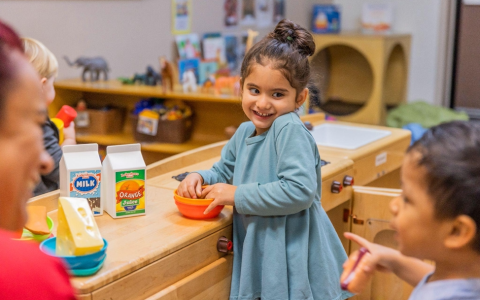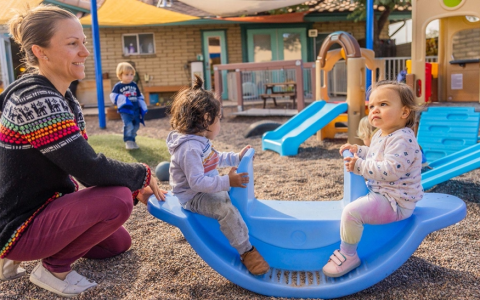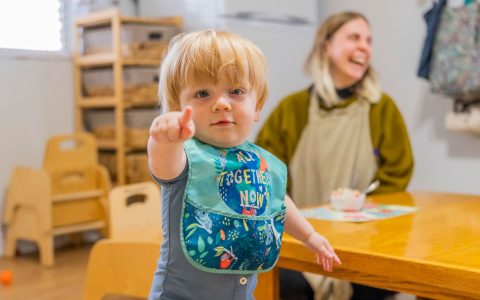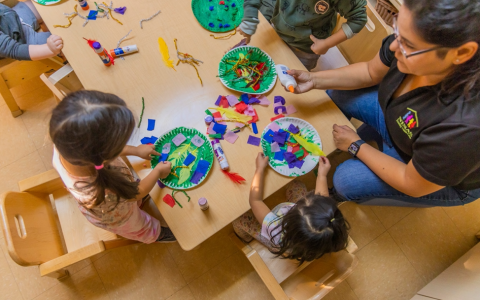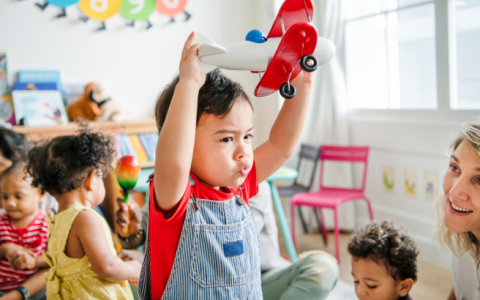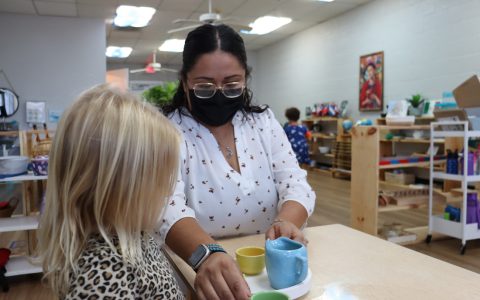Quality First Blog, Tips and Inspiration
Free inspiration and resources are just an added bonus. Helping you is just what we do. See the latest blogs, tips and research on how you can provide the highest-quality care and improve your early learning setting.
To receive inspiration directly to your inbox, sign up for our newsletter today.
VIEW ALL
Quality in Action At Quality First, we talk about quality early learning every day. But what does quality look like in action? Check out the clips below to see a few ways that Quality First teachers turn everyday moments into learning moments. Color Sorting Hints and Help Quality in action looks like: Rolling the mat
Three changes coming soon to Child Care Health Consultation At Quality First, we are excited to share that we are making updates to the Child Care Health Consultant (CCHC) service model. These updates will support your continued journey in quality health practices. CCHCs will continue to work with you to provide individualized health and safety
New Levels of Support to Meet You Where You Are As an early childhood educator, you know that each child has their own unique learning needs. You meet each child where they are and provide the support to help them develop, grow and learn to their fullest potential. At Quality First, our goal is to
In Quality First, we use the VISION model to guide the quality improvement journey and the process of quality improvement coaching. This is the sixth in a series about the stages of the VISION model. If you haven’t already, check out our blogs on vision casting, investigating current practices, setting goals, and implementing action steps.,
We use the VISION model in Quality First to guide the quality improvement journey. This is the fifth in a series about the six stages of the VISION model. If you haven’t already, check out our blogs on vision casting, investigating current practices, setting goals, and implementing action steps. As you work through the action
In Quality First, we use the VISION model to guide the quality improvement journey. This is the fourth in a series about the six stages of the VISION model. If you haven’t already, check out our blogs on vision casting, investigating your current practices, and setting goals. Once you’ve identified your big-picture vision, reviewed your
In Quality First, we use the VISION model to guide the quality improvement journey, and every journey needs a roadmap. In this third stage, you’ll focus on setting goals and creating action steps for quality improvement. This quality improvement plan is your roadmap. It outlines your goal (your destination), and the action steps you’ll take
Before beginning a journey, you need to know where you’re starting. In Quality First, we use the VISION model to guide the quality improvement journey. The second stage in the model focuses on investigating current practices. In this stage, you’ll gather information about children’s daily experiences in your program. (To learn about the first stage,
Supervision is key to keeping children safe in an early learning setting with lots of activity. Active supervision means watching, listening and observing children at all times throughout the day. Read on for five strategies for active supervision. Set up your space for supervision – Is your space arranged so you can easily see and
A Quality First assessment provides feedback to recognize your program’s unique strengths and help you set goals for quality improvements using objective, research-based tools. Formal assessment is a regular part of participating in Quality First, but an informal assessment is also offered to all regulated early care and education providers in Arizona, whether your program
